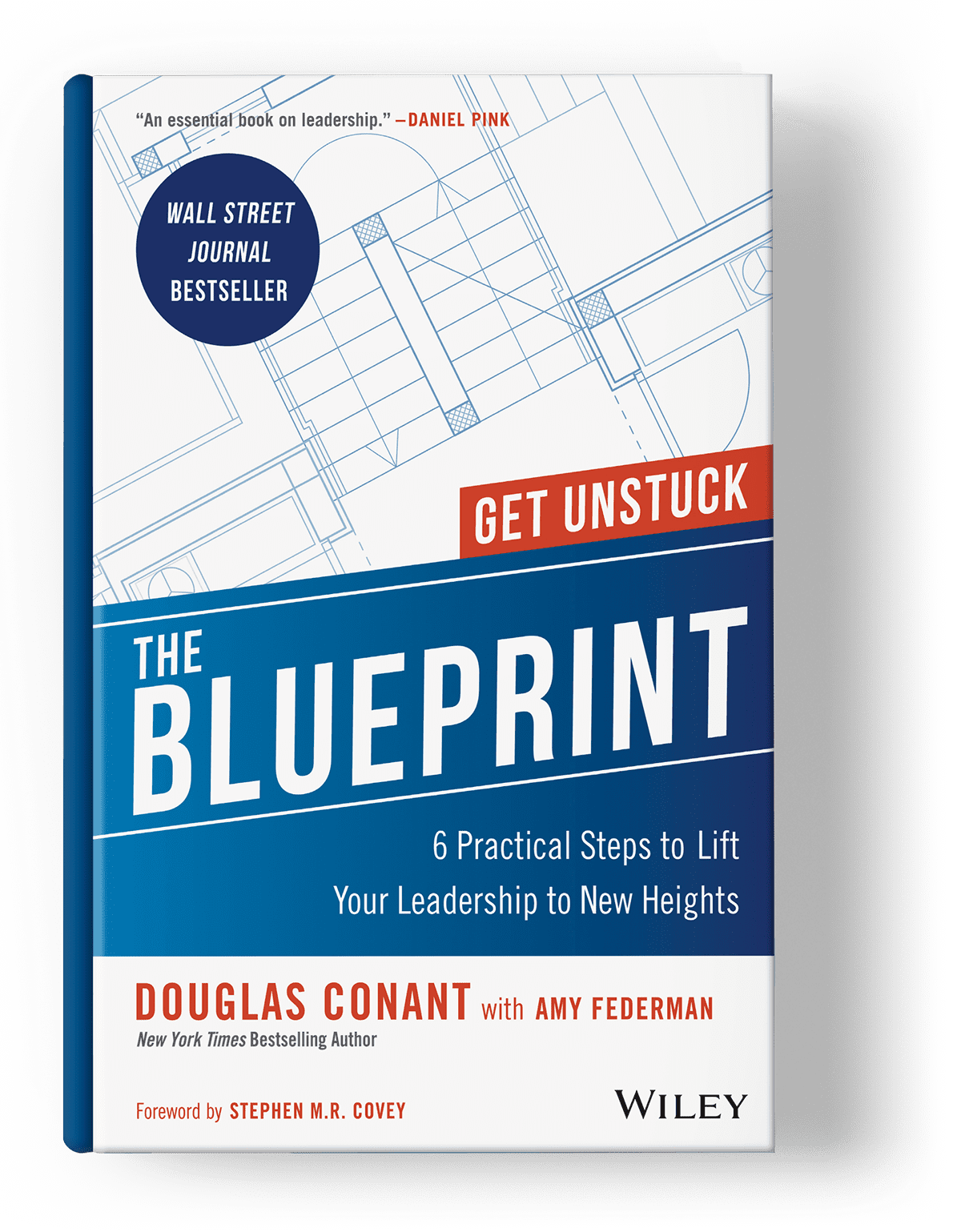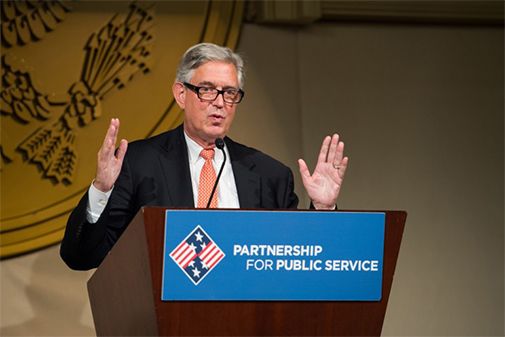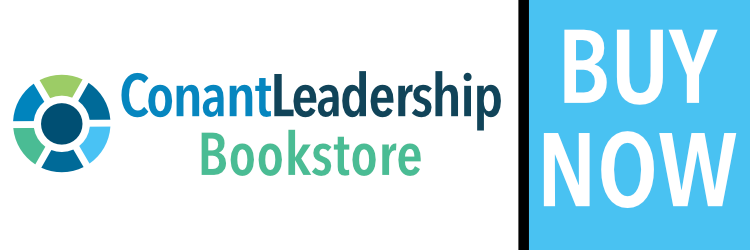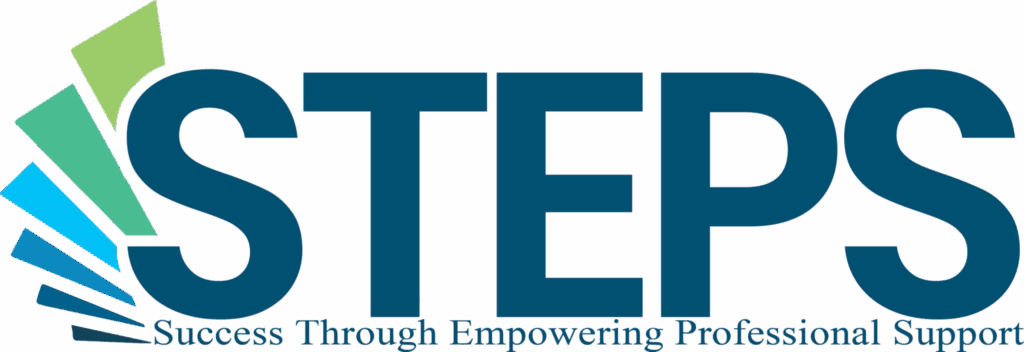The Secret to Empowered Leadership is Choice
I have a favorite quote from Leo Tolstoy: “Happiness does not depend on outward things, but on the way we see them.” I see it as a call-to-action to empower ourselves in our decision making. With every challenge we face, we have the power to choose our response. It sounds simple but it is remarkably easier said than done. When things get tough, there can be a temptation to resign ourselves to a passive role in the circumstances. We can easily begin to think that the adversity is bigger than we are. We might throw our hands up and say, “what’s the point of trying anymore!” or “It doesn’t seem to matter what I do, so why bother?” The excuses and self-doubt can become endless if we are not careful. But it doesn’t have to be that way. We don’t have to give in and allow things to happen to us in a complacent way. We can change our mindset; we can choose to be proactive. When we tackle issues with this enlightened approach we have countless opportunities to personally put a positive stamp on circumstances — to help determine the outcome instead of merely reacting to it. We all have the ultimate power: the power of choice.
Let me provide a personal example. I spent the first nine years of my career with General Mills, with the last three at a subsidiary, Parker Brothers Toys & Games. At the time, General Mills was the largest toy company in the world. Unfortunately, General Mills decided to exit the toy and game business. Our unit was spun off and my job was eliminated by the new owners. In other words, I was fired. I was devastated. I was bitter. I felt like a victim — and for a brief time I felt helpless. But, fortunately, that victimhood mindset was about to change.
We can change our mindset; we can choose to be proactive.
The new owners connected me with an incredible outplacement person: a slightly crusty, straight-shooting New Englander named Neil MacKenna who would become a very important person in my life and leadership journey. I’ve written before about the special influence Neil had on me, but of the many lessons I learned from him, among the most important was the lesson of choice. Neil empowered me to resist the urge to become disillusioned by the negative circumstances of my being fired. You don’t have to be a victim, he reminded me. It’s your choice, he encouraged. He challenged me to turn the coin over and decide, with purpose, to make the most of a difficult situation.
I’m grateful to this day for his advice. Using the lessons learned from his coaching and guidance, I embraced the power of a proactive approach. I endeavored to set a new standard for exiting an organization with dignity and chose to take the high ground on virtually every issue during the exit process. Because of the choices I now felt empowered to make, I was able to leave the company with far more personal equity than I had prior to my being fired. Executives from both the spin-off company and General Mills ultimately became some of my best references during my outplacement and subsequent job search. Had I given in to a victim’s mindset, things may not have ended as well.
The lesson I learned from this experience has taken root in my personal leadership philosophy and grown stronger as I’ve been able to apply it throughout my life and career. Of my many triumphs and trials since, the opportunity to inspire people to empower themselves has been recurring. At a few key times in my leadership journey, both in my roles at Nabisco and at Campbell Soup, I faced an enormous challenge in cultivating a better, more high-performance culture. In both companies, I encountered well-intentioned people whose behaviors were being affected negatively by a victimhood mindset. Poor circumstances in the company had led to a gloomy and complacent outlook. In order to turn it around, I needed to weave this idea of empowerment into the organizational fabric in a meaningful way. Using insights from both Neil MacKenna and from Stephen Covey’s 7 Habits of Highly Effective People (Habit 1 is Be Proactive), I had to work to help people learn the same lesson Neil had taught me years before. Helping people embrace the power of choice was part of the first step in enabling the cultures to change for the better. With each person who realized that they could choose to have an impact, instead of merely being impacted, the culture moved one step closer to empowered high-performance.
Had I given in to a victim’s mindset, things may not have ended as well.
To take this lesson a step further, it’s helpful to consider that leadership is itself a choice we make again and again. In each moment, we have to choose to be the best leader we can be. We choose to show up for people. We choose to listen better, set the standards higher, advance the issue more clearly. It’s not always easy. We will inevitably have bad days. Adversity will rear its head. But we don’t have to use bad circumstances as excuses. Tolstoy was right — we don’t have to give in. In fact, we can feel energized by the challenge and empowered by the choice.
Leadership is a choice we make again and again.
So I encourage you to decide, with purpose, to see things in a different light even in the toughest circumstances. A whole world of possibility will open up. As you stand firm in the knowledge that you can choose how you respond to even the most difficult situations, you can become more helpful and competent in your decision-making. Armed with this powerful mindset, you can thrive with confidence. You can choose empowered leadership. Every day and every moment.
For further reflection — watch a short video on empowering yourself.
(Photo Credit: Death to the Stock Photo under this license).

“Doug Conant is remarkable—and so is this work.“
– Stephen M. R. Covey
Author of The Speed of Trust

The Blueprint
6 Practical Steps to Lift Your Leadership to New Heights
By Douglas Conant with Amy Federman

Have Doug Speak at Your Event
Doug works collaboratively with event organizers to customize his material for each audience.




0 Comments